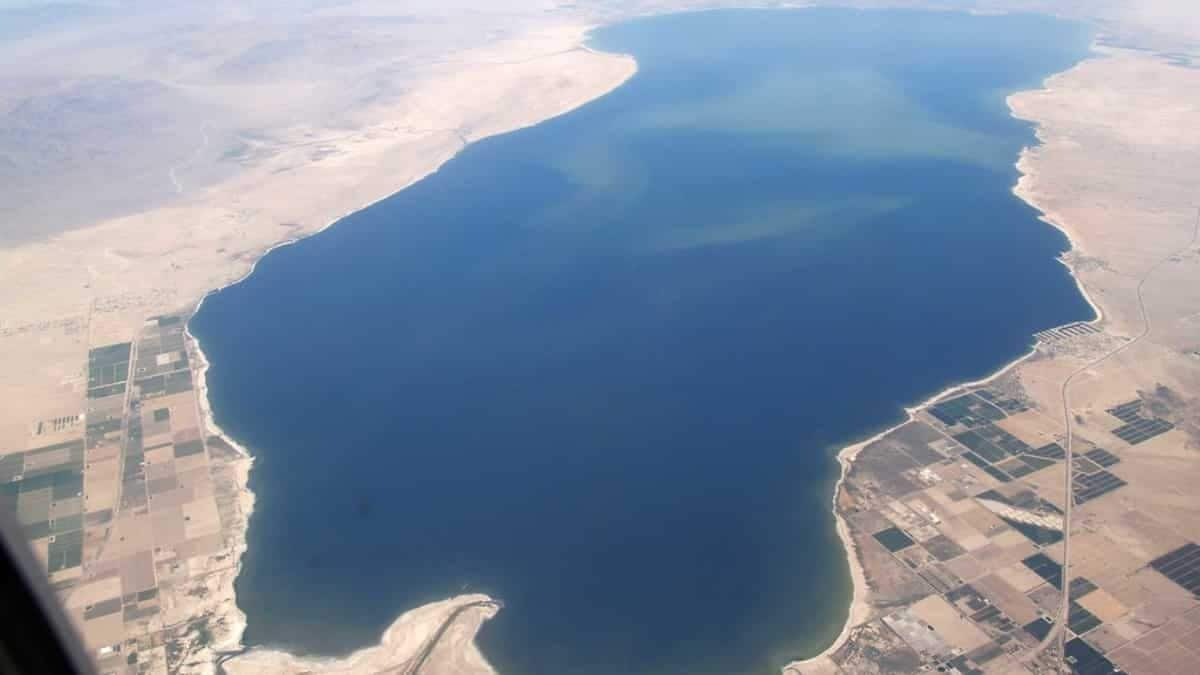
This lake hides enough lithium to power 382 million EVs
What's the story
California's largest lake, the Salton Sea, is sitting on a lithium deposit worth an estimated $540 billion. It could be used to manufacture batteries for as many as 382 million electric vehicles. The discovery was made during a research project funded by the US Department of Energy. The study aimed to determine the amount of lithium—often referred to as "white gold" due to its sand-like appearance—present at the bottom of the lake.
Status
One of the world's largest lithium brine deposits
The lithium deposit would give a major boost to the US's position in the chemical industry. Michael McKibben, a geochemistry professor at the University of California and co-author of the study, called this "one of the largest lithium brine deposits in the world."
Strategic advantage
Discovery could end US's reliance on China
McKibben further claimed that this discovery could make the US completely self-sufficient in lithium production, doing away with the need to import it from China. California Governor Gavin Newsom had previously called the Salton Sea the "Saudi Arabia of lithium." This find makes it a major global source of this highly sought-after resource.
Extraction hurdles
Extraction process poses challenges and risks
Extracting the lithium from the Salton Sea is no easy task. It involves drilling geothermal production wells to reach the lithium-rich brine deep beneath the Earth's surface. Once extracted, the lithium would have to be separated from the brine before being pumped back underground. This could potentially affect some 180,000 residents living near the lake and disrupt water supplies sourced from Colorado River.